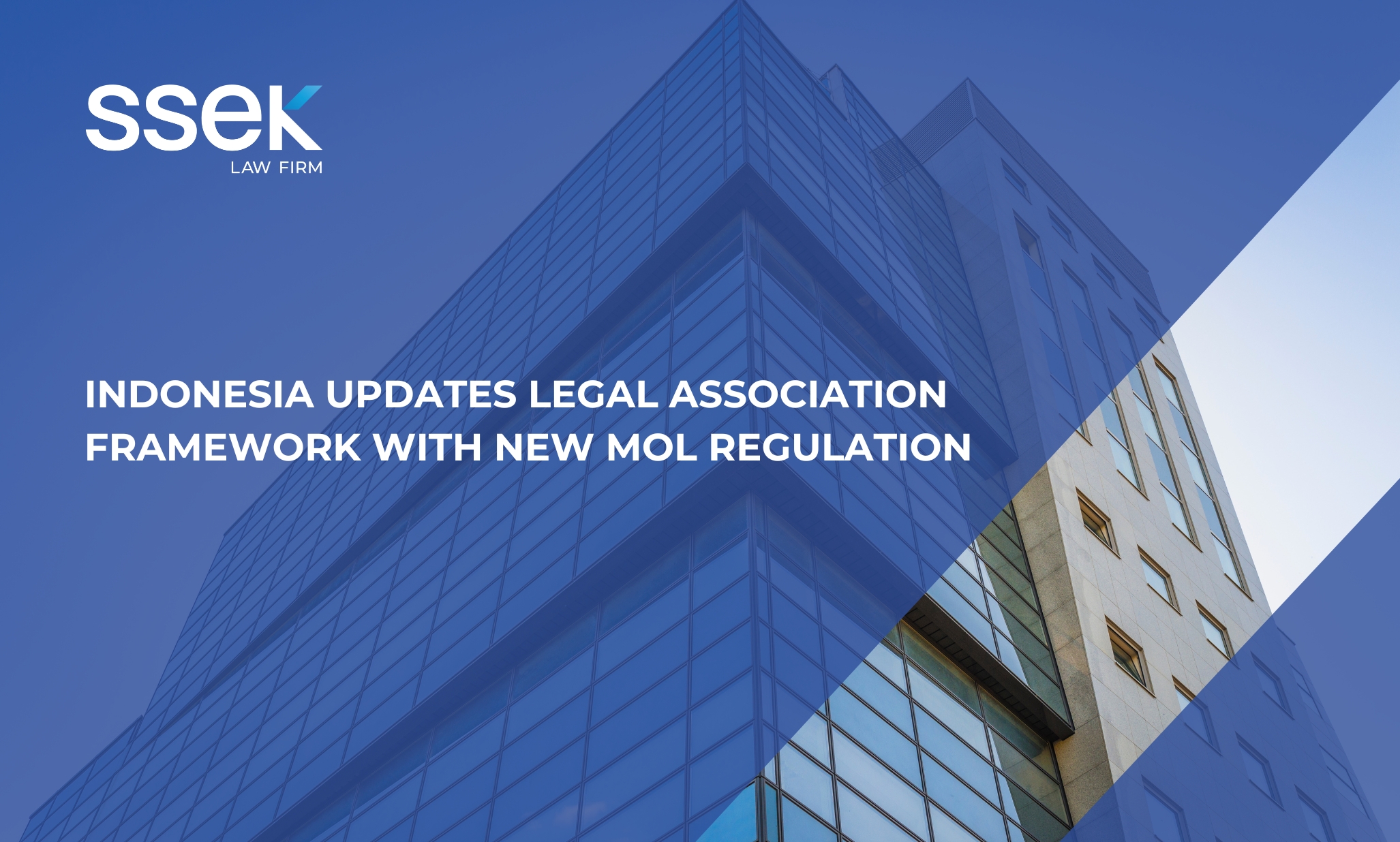

By Fitriana Mahiddin and Syahdan Z. Aziz Extracted oil and gas in Indonesia remains owned by the State until it passes the point of export or other delivery point. Thereafter, the Government is entitled to a certain percentage of the production output as apportioned under the Production Sharing Contract (PSC), as is the Contractor. Under the Oil and Gas Law (Law No. 22 of 2001 regarding Oil and Gas), entities in the form of a state-owned enterprise (SOE), regional-owned enterprise (BUMD), a cooperative, small business or private business entity may enter into a PSC with the Special Task Force for Upstream Oil and Natural Gas Business Activities (SKK Migas) to undertake upstream oil and gas business activities. Pertamina, as an SOE and the state oil company, can hold participating interests in numerous PSCs as a Contractor of SKK Migas. There is no maximum limit on the participating interest that an SOE, BUMD or Pertamina may hold. Upon the first Plan of Development (POD) approval, a Contractor is required to offer 10% Participating Interest (PI) in its PSC to a BUMD. The BUMD may accept or decline based on its financial capability, and in the latter event the offer must be tendered to an SOE. As of the preparation of this article, Indonesia's Ministry of Energy and Mineral Resources (MEMR) is anticipated to issue a regulation on the requirements and procedures relevant to this 10% PI offer. In addition, a 2015 MEMR regulation issued in light of the imminent expiry of several old-generation PSCs, as amended in 2016, stipulates that Pertamina may elect to resume the operations of a work area whose PSC is expiring, irrespective of whether the initial Contractor has applied for an extension. If both Pertamina and the initial Contractor express a willingness to operate a work area, the MEMR would have the authority to decide whether the operation would be resumed by Pertamina, the initial Contractor, or jointly between the two. FTP and Taxes Indonesia does not impose royalties on PSCs, but secures the State's minimum income through the first tranche petroleum (FTP) mechanism in later generation PSCs. FTP is the first take of oil or gas immediately after production in a work area in one calendar year that is received by the State prior to cost recovery and profit calculation. FTP therefore secures the State's minimum income. The amount of FTP is determined in the PSC. Taxes applicable to PSCs include income tax, VAT, import duties, regional taxes and other levies. The PSC may stipulate whether the tax laws and regulations applicable at the time of the PSC execution shall apply (stabilized) or whether the PSC shall follow every tax law and regulation issued over time. In addition, Contractors are required to pay non-tax state revenues such as exploration and exploitation fees and bonuses, including signing bonus and production bonus. The sharing proportion between the Government and the Contractor is typically 85:15 for oil and 70:30 for gas, respectively. For non-conventional oil and gas, the production sharing is progressive based on annual cumulative production, with or without an operational cost-recovery mechanism. This is one of the Government’s recent moves to encourage investment in non-conventional oil and gas activities, as contained in MEMR Regulation No. 38 of 2015 regarding Expediting Non-Conventional Oil and Gas Operations. This is an excerpt from the Indonesia chapter of International Comparative Legal Guide to: Oil & Gas Regulation 2017. You can see the full chapter here. This publication is intended for informational purposes only and does not constitute legal advice. Any reliance on the material contained herein is at the user's own risk. You should contact a lawyer in your jurisdiction if you require legal advice. All SSEK publications are copyrighted and may not be reproduced without the express written consent of SSEK. This article was first published in International Comparative Legal Guide to: Oil & Gas Regulation 2017, published by Global Legal Group. For further information, please visit www.glgroup.co.uk.









